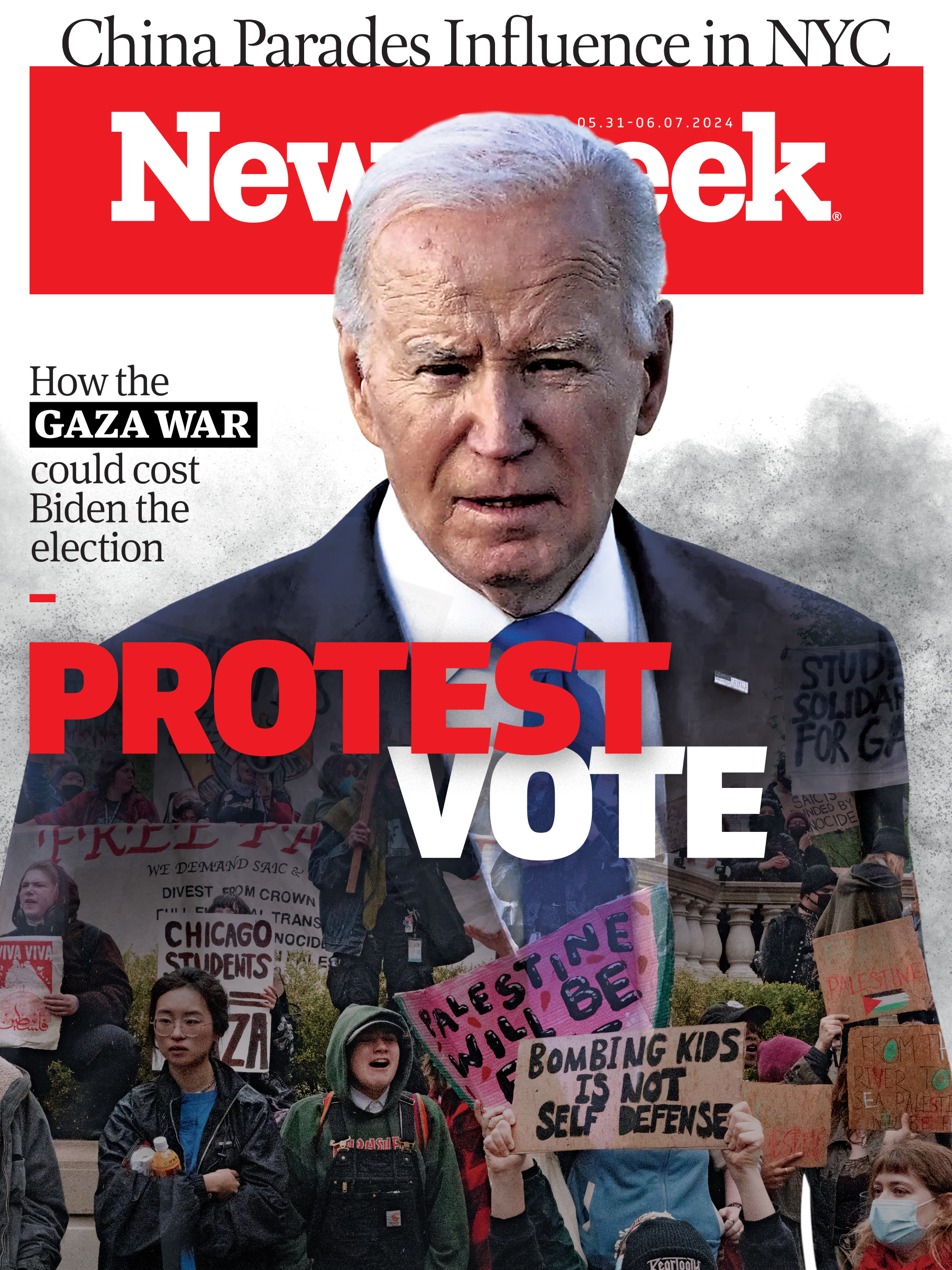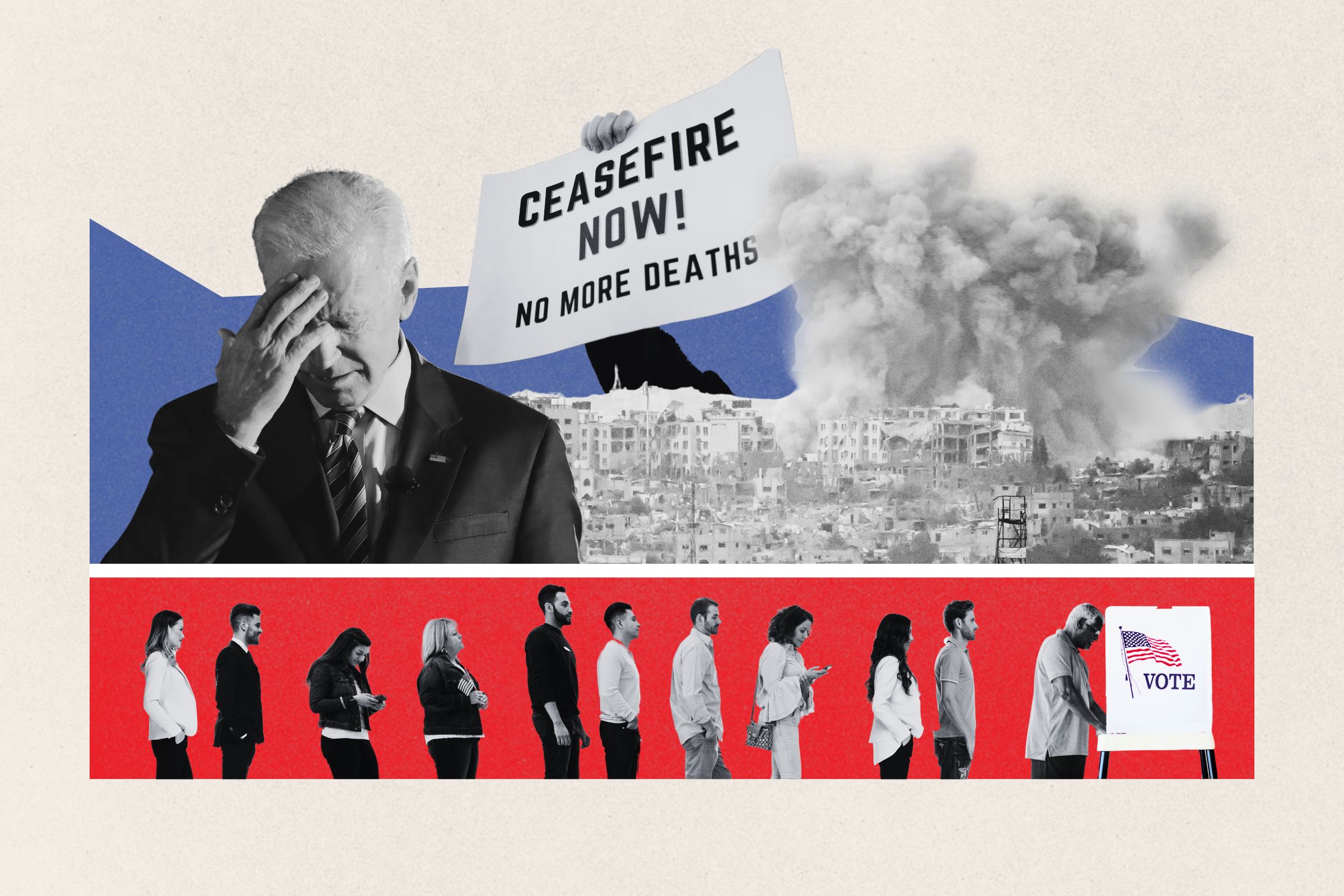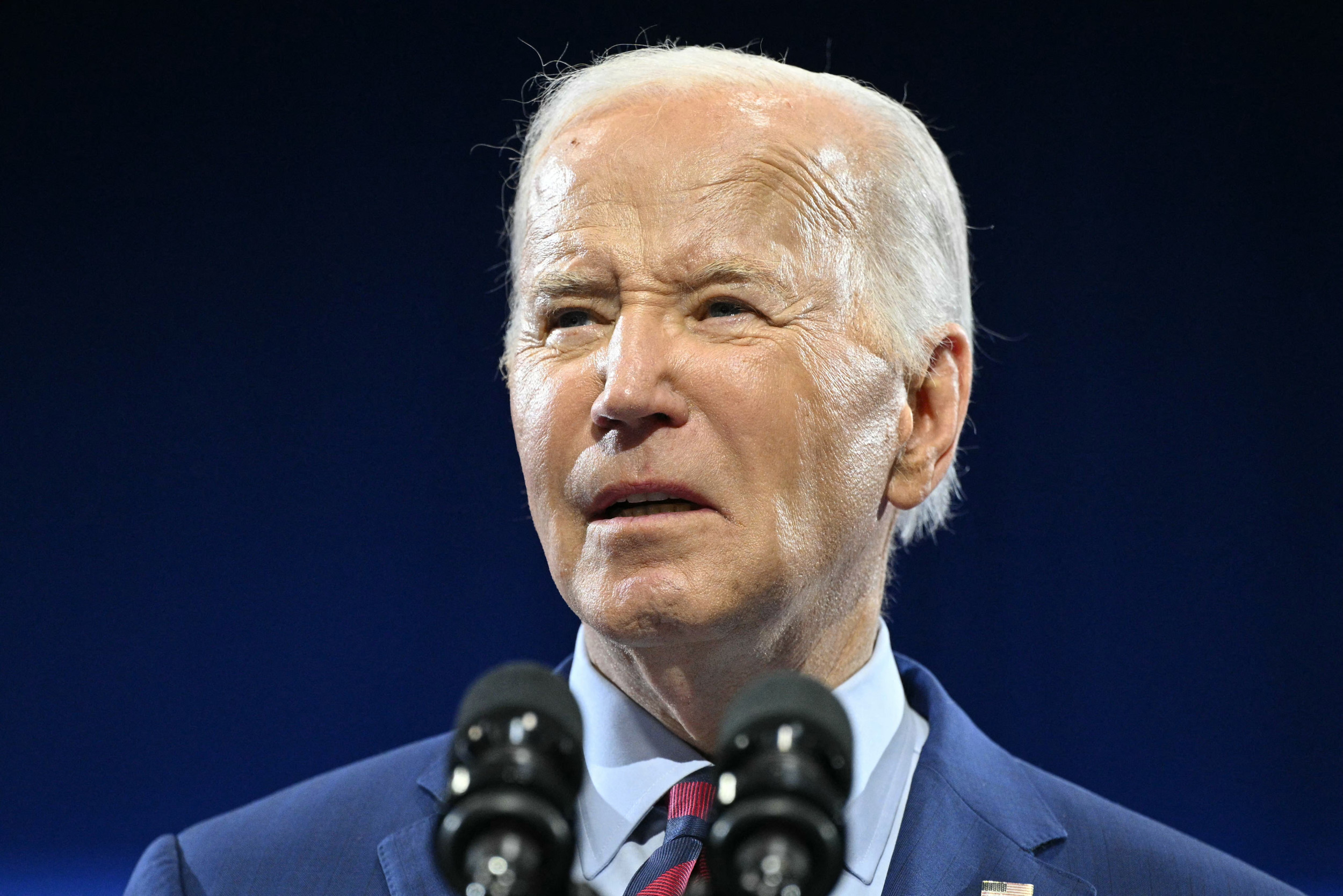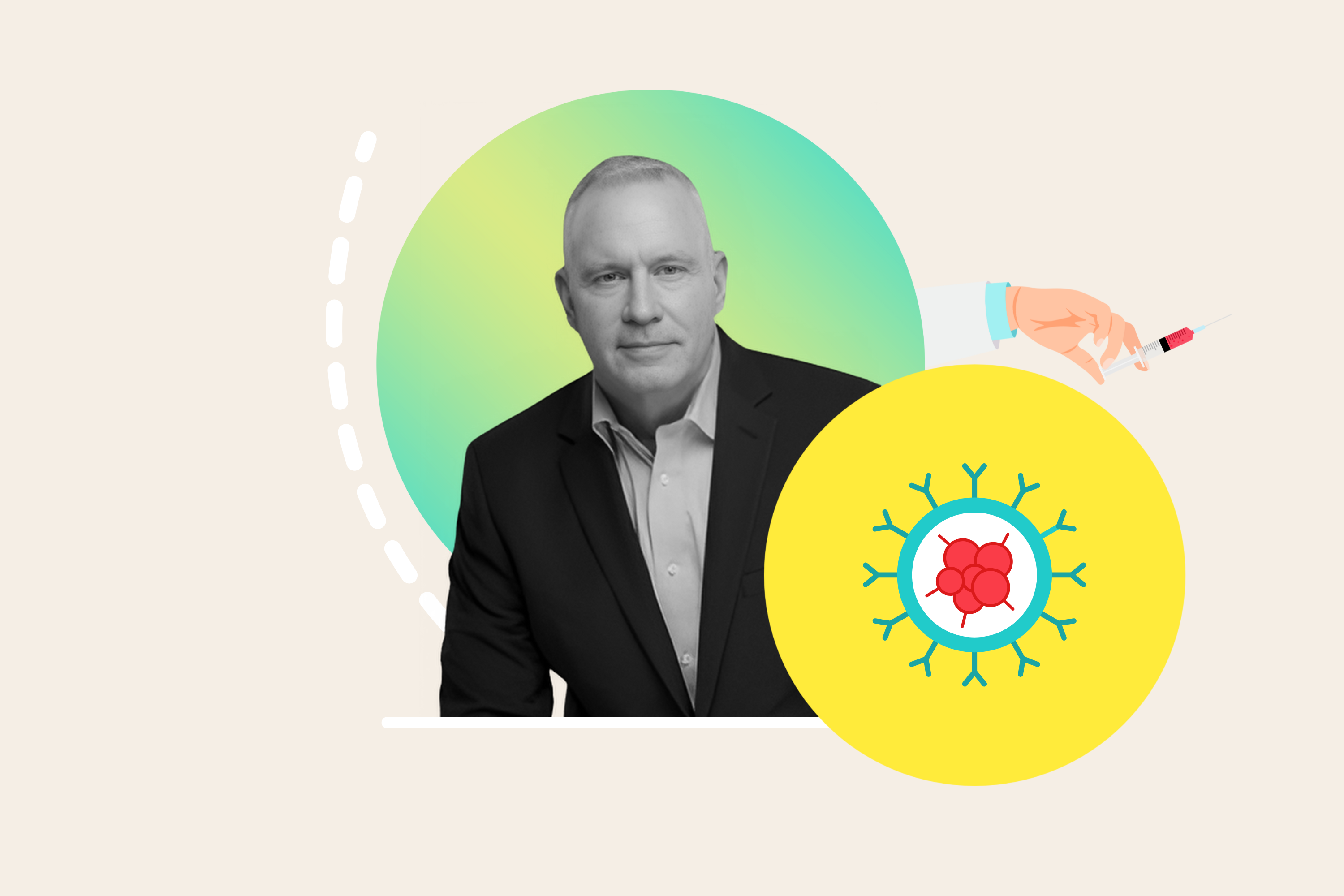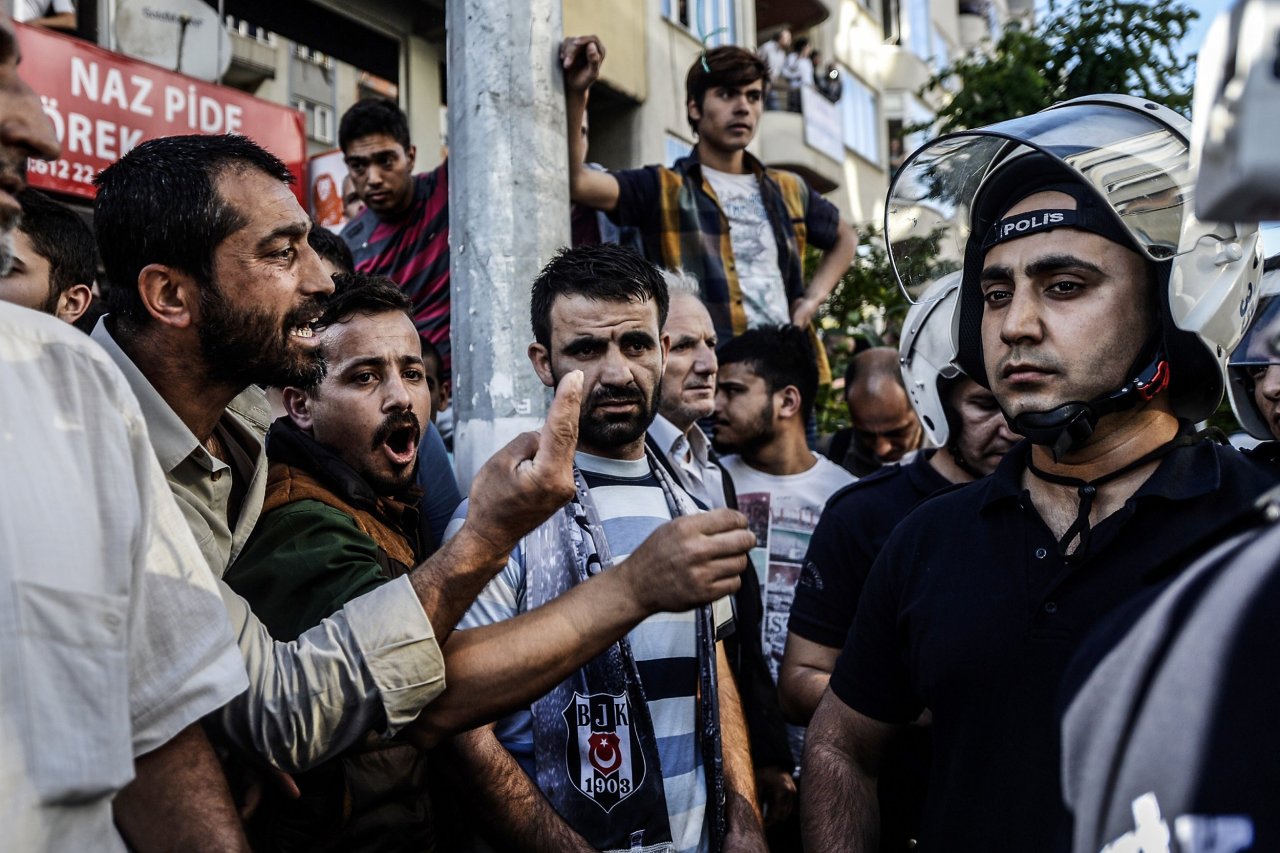
For Yunus Bekar, working in the Soma coal mine in Turkey and supporting the prime minister, Recep Tayyip Erdoğan, were all part of a day's work. On a Sunday in March, Bekar and many of his fellow laborers gave up their day off and filed on to company buses bound for nearby Manisa. The destination: an election rally held by Erdoğan, which the workers were paid 50 Turkish lira to attend—the equivalent of about $25, or an eight-hour day shift in the mine.
"I didn't want to go, but I felt I had to," recalls Bekar, a 38-year-old miner, speaking two months later in hushed and angry tones on a side street in his hometown of Avdan. Bekar is dressed for the funeral of a friend's son, but is still unsure if it will take place. The young man's body was one of more than 300 pulled from the smoking pit after Turkey's worst industrial catastrophe, when a fire at Soma blazed out of control. With the remains too charred to identify, the family are waiting for a DNA analysis before burying them.
Bekar, who spoke under a pseudonym out of fear for his job but presented his company ID as proof that he worked at the mine, says the local governing party representatives were pressing miners and their families not to discuss the disaster or the cozy relationship between the mine's bosses and Erdoğan's governing Justice and Development Party (AKP) that helped set the stage for the tragedy. "Everyone is afraid. I'm afraid for my job," he says.
The disaster that struck Soma on May 13 has exposed an oppressive system of political patronage and profiteering that many fear will hinder any effective investigation into the causes and whether safety precautions were adequate. It also highlights an ailing political culture in a key NATO ally touted as a vital democratic lynchpin between Europe and the Middle East.
Moreover, it threatens to reignite tensions that have simmered in the country for the past year, starting with the brutal police crackdowns on anti-government demonstrations last summer and continuing with a probe in December alleging corrupt relationships between Erdoğan and his allies and a coterie of construction firms.
Erdoğan's response has made things worse. Visiting the mining town the day after the fatal blaze, his entourage was caught on camera manhandling a demonstrator, after it was engulfed in an angry crowd chanting for the prime minister's resignation. "If you boo this country's prime minister, you get slapped," Erdoğan was heard telling one young demonstrator in video footage of the incident. Moments later, an aide was photographed kicking another.
Since coming to power in 2002, the AKP has aggressively pushed the country's coal industry. Domestic coal use has tripled during its time in power, and it has the fourth-highest target in the world for increasing its coal-based electricity capacity.
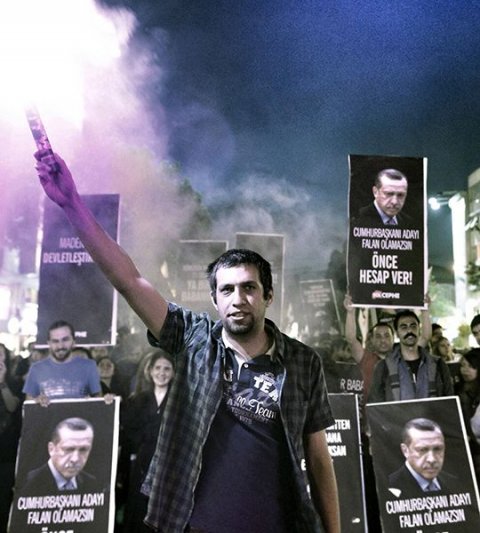
Turkey remains one of the few countries not to have signed up for a convention on mining safety by the U.N.'s International Labour Organization, which has 178 member nations. An average of 71 miners a year died in accidents in Turkish pits between 2009 and 2012. Soma Holdings, meanwhile, is part of a clique of companies that has profited from privatizations in the AKP's years in power and has also branched out into the construction sector. In the past seven years, Chairman Alp Gürkan has been awarded government contracts worth $33 billion, Turkish media reported last week.
Two years before the disaster, Gürkan boasted in an interview with a Turkish newspaper about how he had cut the cost of producing coal almost fivefold since taking over the mine. The Soma mine produced coal exclusively for the state-owned Turkish Coal Corp., which operates a program set up by the government to hand out free coal to the country's poorest families.
Five officials at the company have been arrested on charges of causing death by negligence. A court rejected a warrant for the arrest of Gürkan, ruling there was "no evidence of his responsibility" for the deaths.
"This company buys all the coal from Soma, and there's a huge production pressure on the labor," says Aykut Erdoğdu, a member of Parliament for the opposition People's Republican Party. "They're overworking them, and they're not taking the necessary security measures to protect them."
At the end of last month, just 20 days before the fatal explosion, the government thwarted a parliamentary motion to investigate conditions there and at other mines in the region, which was presented by opposition parties.
"They say the boss is a party supporter," Erdogan said in a speech on TV. "I saw him for the first time [in Soma]. I don't know him.… [Opponents] think they will gain from such slander."
"This was a murder, and they will cover it up," says Bekar.
Sefa Köken, a 30-year-old safety technician who quit his job to speak out about conditions leading up to the disaster, has no such qualms. He was on the scene hours after the blaze erupted and is scarred by the memory of pulling his dead friends' corpses from the pit. "We were stacking them on the same conveyor belt they move the coal on. It was inhuman," he says.
During the two years he worked at the mine, Köken was part of a team of five whose job was to seal methane leaks, put out small fires and repair ventilation fans across two and a half miles of tunnels as 700 men worked. He says that in the months before the disaster there were three to four methane leaks per shift and that fires broke out almost daily. Köken and others say the growing safety risks were driven by an obsession with boosting production.
The miners themselves were paid a fixed monthly wage regardless of how much coal they mined, but they could have the equivalent of a day's wages docked if they were considered not productive enough. "All the administrators would ask me was, 'Why didn't you produce more? Why didn't you get out more coal today?'" says one man. "I remember saying to my chief, 'Someday there will be a massacre in here.'"
Meanwhile, the mine's administration openly canvassed for Erdoğan's AKP in the run-up to the March elections. Posters of Erdoğan and local party candidates were plastered in communal spaces, and the wife of the mine's general manager was among those elected to the local parliament as a representative of the party. Workers were encouraged to believe the future of their jobs depended on an AKP victory.
"The message [from the mine's director] was like this: 'If Erdoğan gets in, we will continue this mine and expand it. If he doesn't, the mine will be shut down, and you will lose your jobs,'" Köken says.
About the writer
Alexander Christie--Miller is a writer and journalist. He has lived in Istanbul since 2010, where he is Turkey correspondent for ... Read more


